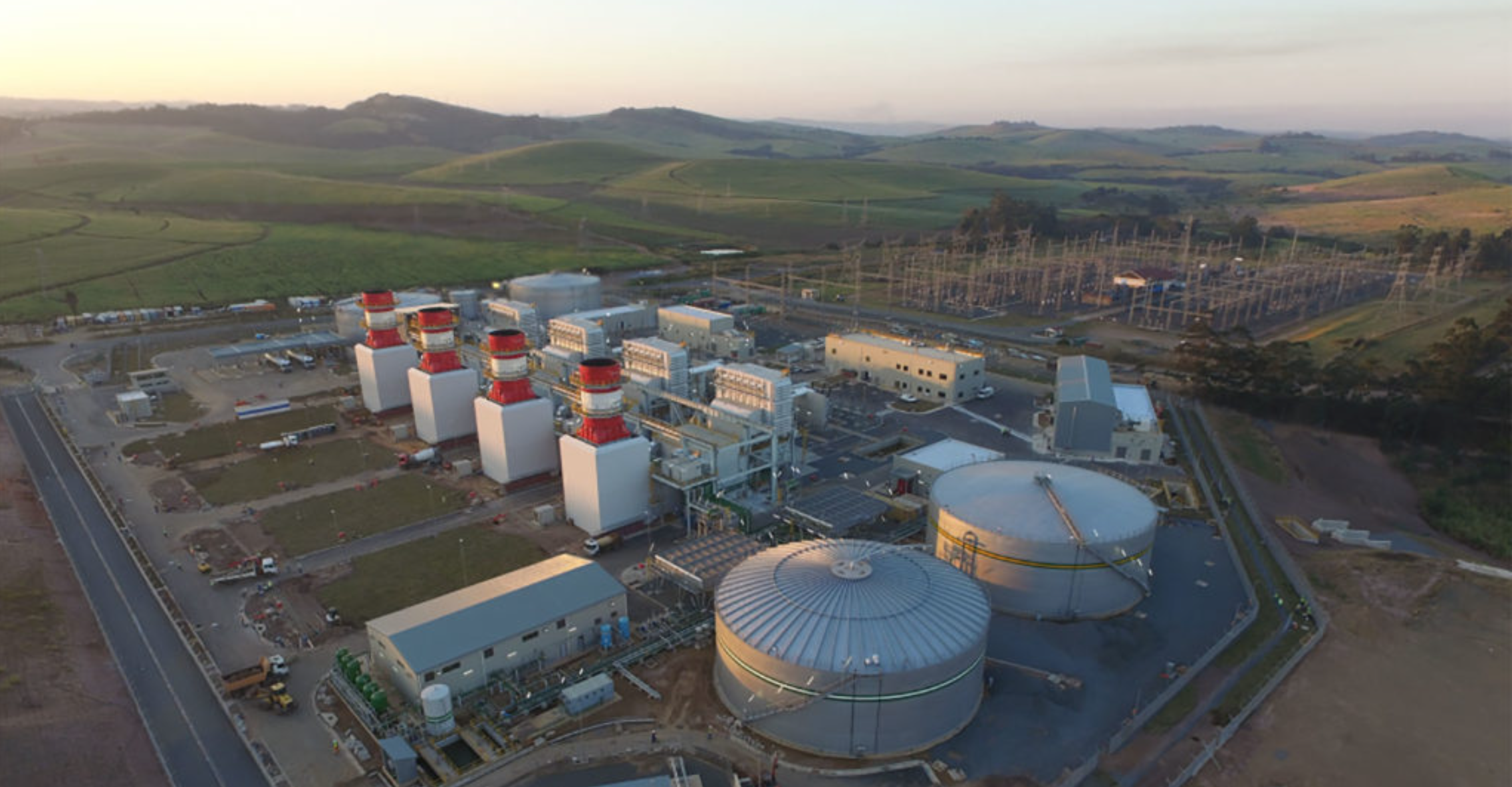South Africa’s state-owned Central Energy Fund (CEF) has issued a request for information (Rfi) for the development of an independently managed midstream LNG hub in Coega, within South Africa’s Eastern Cape Province.
The project is developed under a joint-development agreement (JDA) signed between three South African state-owned entities: the CEF, Transnet SOC and the Coega Development Corporation.
It was first announced during the 2019 Energy Budget vote speech and forms part of South Africa’s vision to integrate gas within its energy mix and support its transition away from coal.
The RfI issued last Friday covers three distinct components: a gas aggregator that would consolidate gas demand through gas purchase agreements, an EPC contractor for the construction of fixed gas infrastructure from the Ngqura Port to the gas off-takers, and the provision of a floating, storage and regasification unit (FSRU).
The CEF has requested all interested parties to submit their response by December 3rd and remains opened to receiving bundled replies integrating one or more components together. It is expected that the RfI would be followed by a procurement process.
Where is the Gas Demand?
Coega was selected as the initial hub to materialize South Africa’s gas ambitions because of the existence of off-take infrastructure and demand centers in its surroundings, including the Coega Special Economic Zone (SEZ).
Potential off-takers notably include the 340 MW Dedisa PPP that currently operates at a 12% capacity factor but could be reviewed shall gas become available.
It is also around Coega where Mulilo and TotalEnergies are developing a 200 MW mid-merit plant and where Karpowership is expected to deploy a 450 MW floating power plant to be fed with gas.
An additional 1,000 MW power plant is confirmed there as part of South Africa’s Integrated Resources Plan (IRP), with procurement expected to start soon.
Finally, existing and future industrial users are expected to represent a gas demand of 5 PJ per annum. Offshore bunkering operations at Coega required 1 million tonnes of heavy fuel oil pre-COVID and could switch to natural gas.

